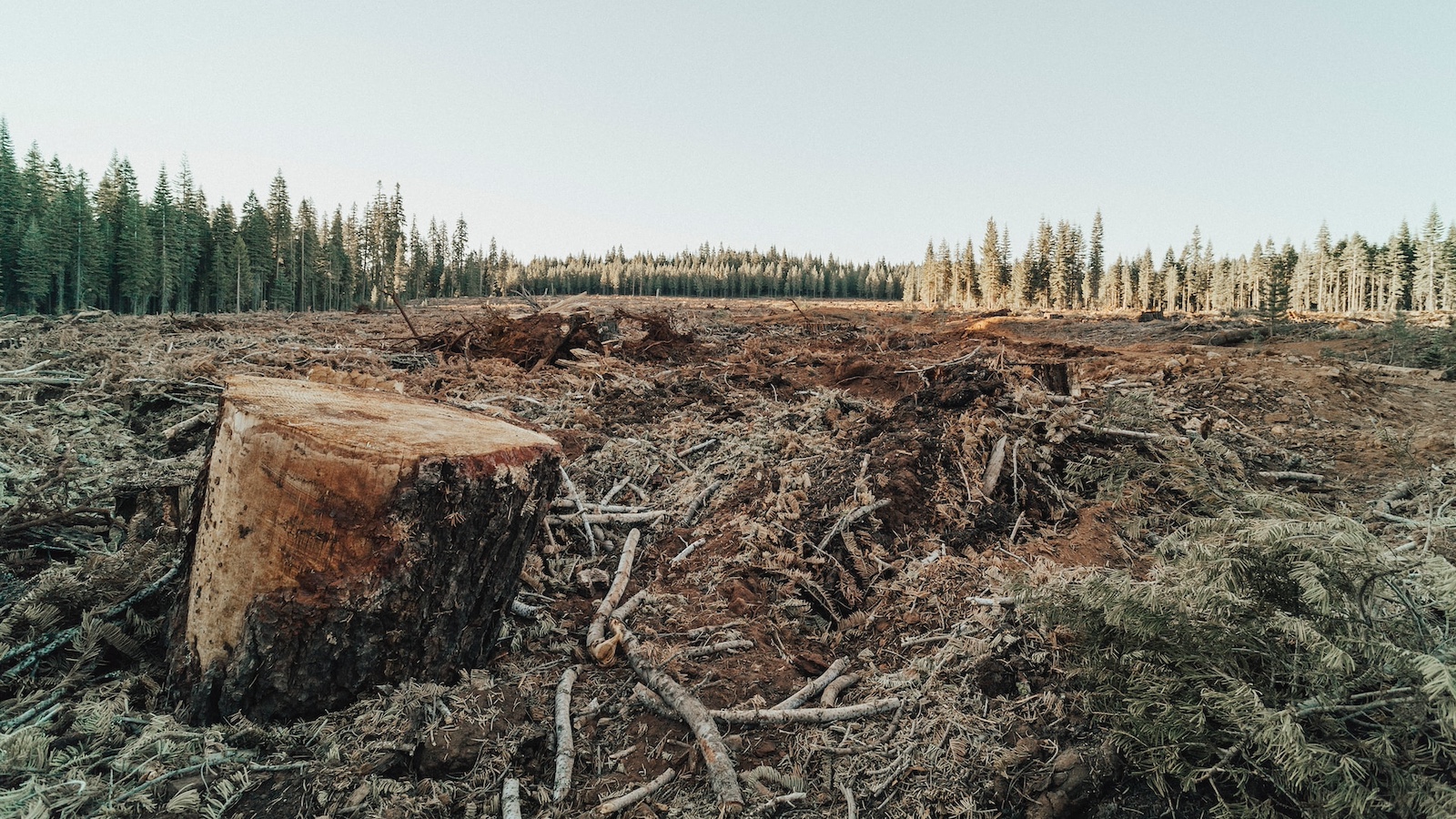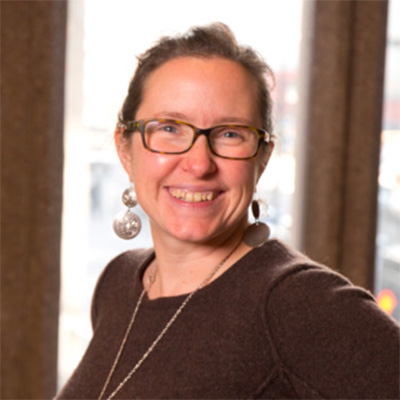
Back to my roots: A story of logging and conservation on Vancouver Island
Sydney Valone tells the story of her grandfather working in the logging industry which has inspired her to protect global forests and the environment.
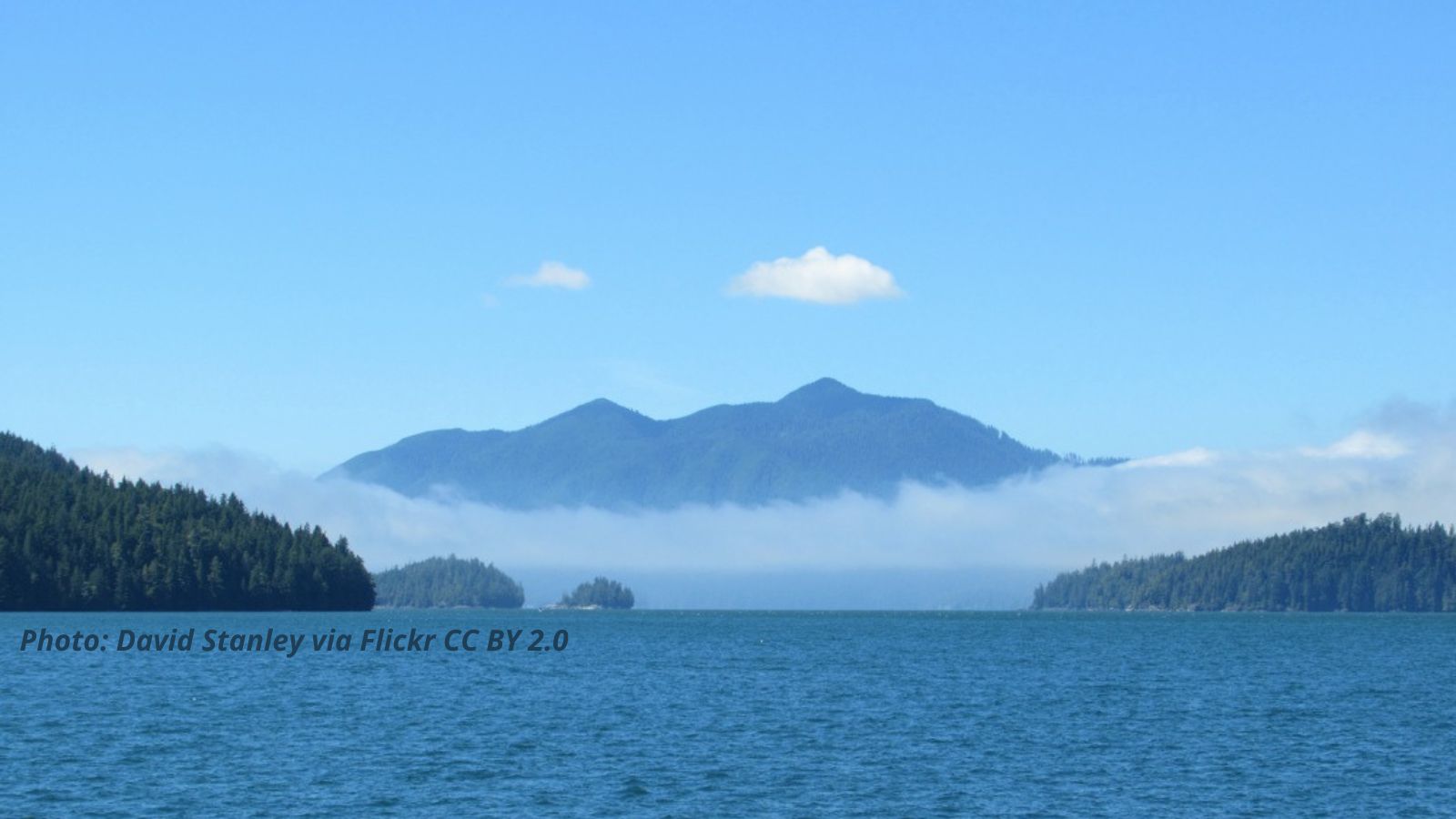
This post was written by Environment America intern, Sydney Valone
I began working with Environment America as a Conservation Intern in the fall of 2021. I had been looking for an internship which would teach me how to protect the environment and reduce my negative impact on it. This opportunity stood out to me because I grew up appreciating the beauty of Vancouver Island during my family’s annual summer visits.
Vancouver Island is on the western coast of Canada — throughout my childhood, I would create lists of rocky beaches and dense old growth forests to visit in anticipation of the beautiful Canadian summer weather. I eagerly awaited deer sightings on our rugged routes, and I counted all of the colorful starfish living on the docks in the harbors. The purple starfish were definitely the most numerous. I enjoyed walking trails in the forest, and I collected random pieces of driftwood on the beach or flat stones to skip on the water. I spent time with my family picking wild blackberries from bushes on the side of the road.
Port Renfrew, 2008 Nanaimo, 2018
As an Environmental Studies major at UCLA, I began to better understand and appreciate the natural beauty and environmental services the forests on Vancouver Island provide. When I began researching and organizing to protect forests in Canada as an intern with Environment America, I became immersed in information about the resources that can be extracted from these important forests. However, this was not my first time thinking about forests in terms of wood products. My grandfather grew up on the island, and he worked for British Columbia Forest Products (BCFP), which was the largest logging company in the mid 20th century. For twenty-five years he drove logging trucks for BCFP. According to my grandfather, if he was not driving a truck, he was working on tugboats, which transport the logs from the channel separating Vancouver Island and mainland British Columbia to the lumber mills on southern Vancouver Island. After leaving BCFP, my grandfather also worked for various other logging companies, was a parts salesman for Truckline Parts and P&R Trucking, and then worked as a parts delivery salesman for forty years prior to retiring at 89.
My grandfather Don Yates and his logging truck
Curious about his life and involvement in the logging industry, I asked him why he was interested in logging. He said that he had selected his career because people in the logging industry were making money. It was as simple as that — the main reason people joined the logging industry was because they were paid well.
Learning about my grandfather’s life and career, I began to think more about the long legacy of logging on Vancouver Island and how that related to my internship with Environment America. Forestry is one the largest industries in British Columbia. Visitors can see the logs pulled by tugboats in the channel on their way to the pulp mills. They can see the desolate, treeless mountain sides where logging companies have transformed forests into swaths of shrubs and stumps. These clear cut forests represent more than just wood products – it is carbon released from the soil and no longer being absorbed by the trees; it is the destruction of habitat for threatened species; it is the deterioration of Indigenous Peoples’ ancestral lands.
My grandfather witnessed forest loss firsthand. He recognizes that the actions of logging companies create irreparable damage to the forests of British Columbia. Yet, his unique, lived experience has shaped his perspective — he knows that people’s livelihoods depend on logging. There is a perceived conflict between logging and the environment: in our society, people must have jobs, but our environment often suffers as a direct result of the actions people get paid to perform while doing their jobs.
Cathedral Grove Old Growth Forest, near Port Alberni, 2007
As an intern at Environment America, I learned how to campaign for the protection of forests critical to the climate, biodiversity and people, without villainizing the people who rely on the logging industry – like my grandfather did. Environmental issues are complex, and many different parties need to assume responsibility, from consumers, to corporations to governments. This is a fact that my grandfather is cognizant of; he spent his life working in the logging industry, but he recognizes that the Canadian government is not doing enough to preserve the environment. British Columbia alone lost eight million hectares of tree cover in the past twenty years, which makes up a twelve percent decrease in tree cover. It is clear that change is necessary to stop further deforestation.
Like myself, my grandfather encourages a balance between logging and environmental protections. He worries that change will not occur fast enough, and he stresses the importance of environmental regulations as soon as possible. As an intern for Environment America, I was able to not only hold these views, but actually act on them. I researched the logging practices of various companies to determine their commitment to sustainability; I also hosted a webinar with well known speakers in the environmental world about the dangers of boreal forest deforestation. I had the opportunity to lead an activist training to teach the public how to write and submit a letter to the editor to their local newspaper. Furthermore, I learned about and researched the legislation for deforestation-free procurement; these bills have become increasingly important to the conservation of global forests, and the action of our governments has been a result of the change we have been demanding.
Learning about my grandfather’s past as well as the conflict between logging and the health of British Columbia’s forests has inspired me to fully understand all sides of the story before forming opinions. This is a perspective I have been able to further develop and explore as an intern at Environment America. I am passionate about finding solutions that are mutually beneficial for people and forests, not only on Vancouver Island or in British Columbia, but throughout the world. At Environment America, I was able to learn more about my family’s ties to the forests on Vancouver Island while also exploring the corporate causes for deforestation in the world’s forests. My position as a Conservation Intern has taught me the importance of widespread action with public awareness and engagement in order to initiate global environmental change.
My grandfather and I
Cherry Point, Vancouver Island, 2020
Topics
Authors
Ellen Montgomery
Director, Public Lands Campaign, Environment America
Ellen runs campaigns to protect America's beautiful places, from local beachfronts to remote mountain peaks. Prior to her current role, Ellen worked as the organizing director for Environment America’s Climate Defenders campaign. Ellen lives in Denver, where she likes to hike in Colorado's mountains.
Find Out More
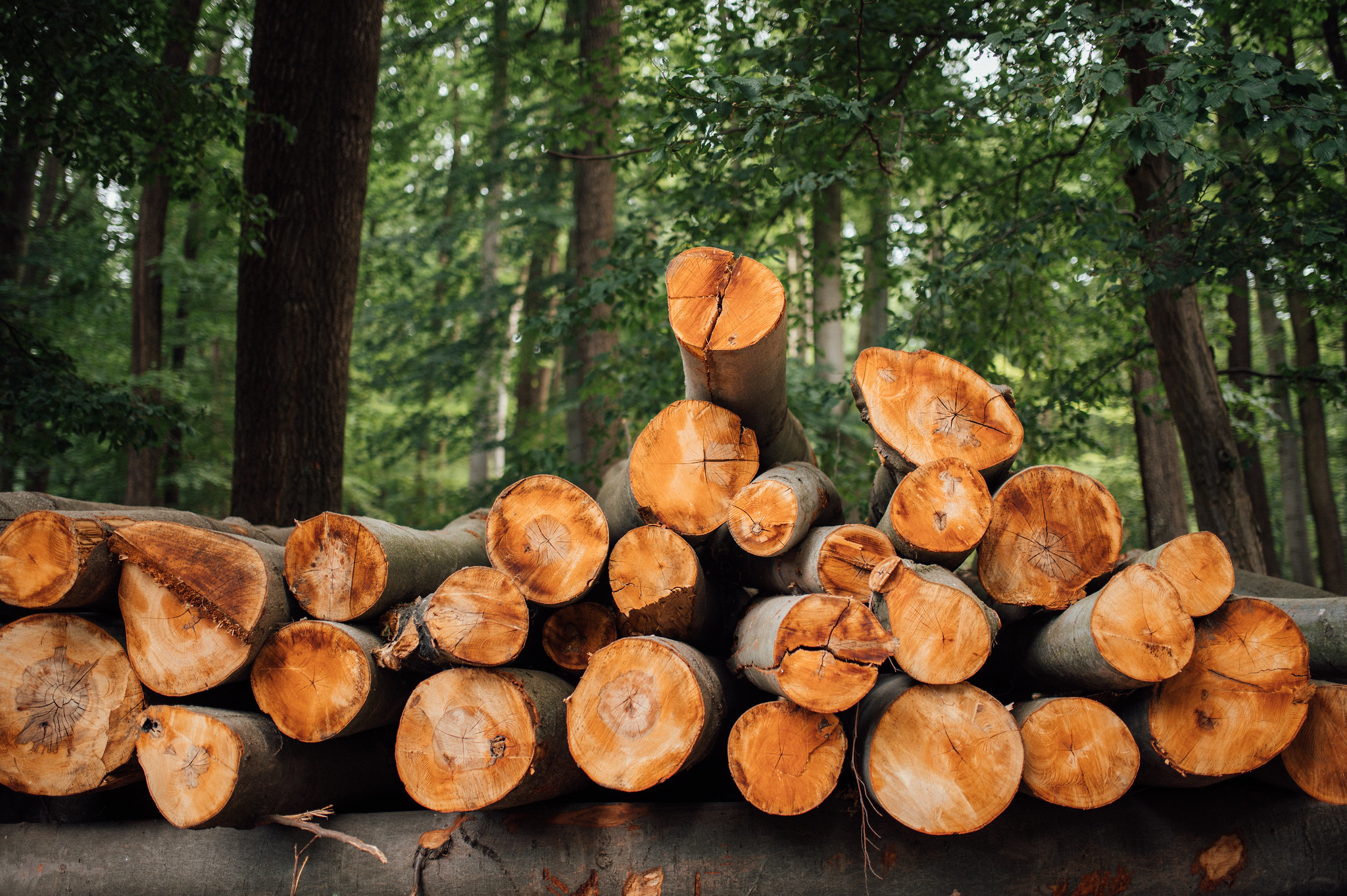
Which toilet paper companies are taking steps to be more sustainable?

What kind of planet protector are you?
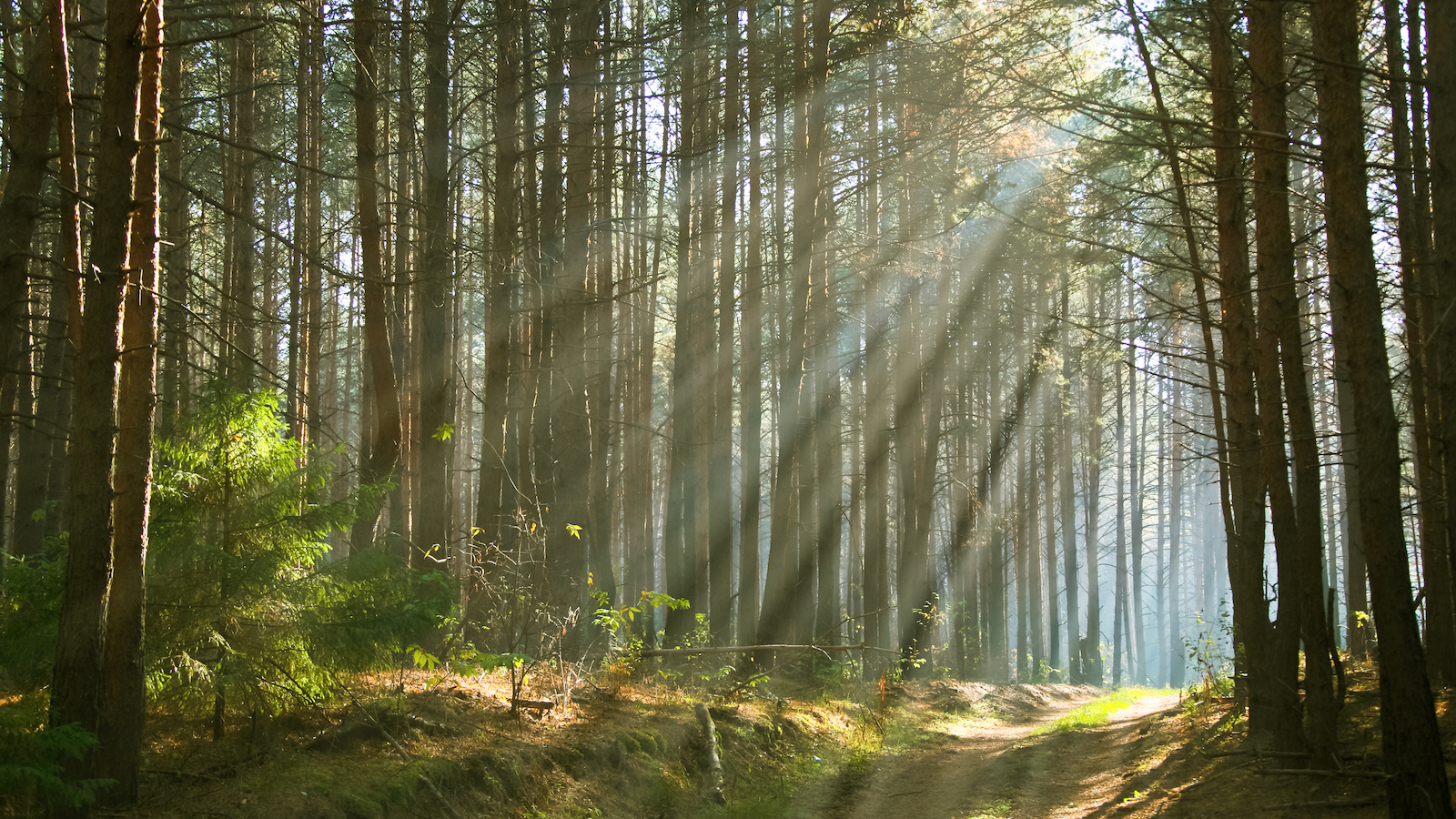
What can we do to keep the boreal forest from being flushed away?
